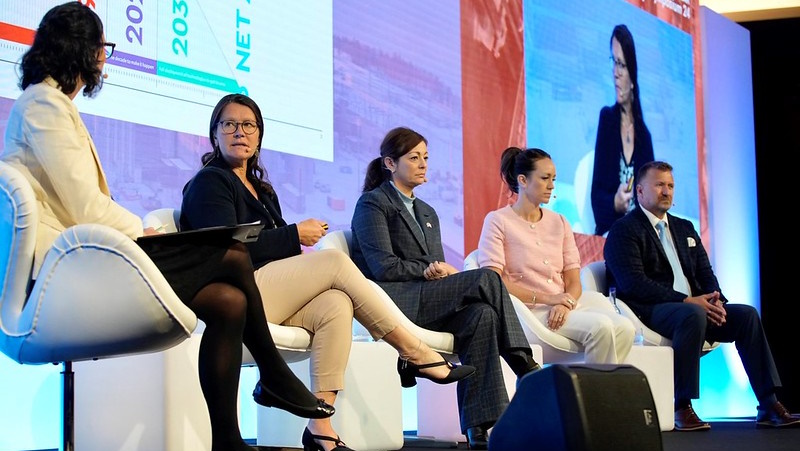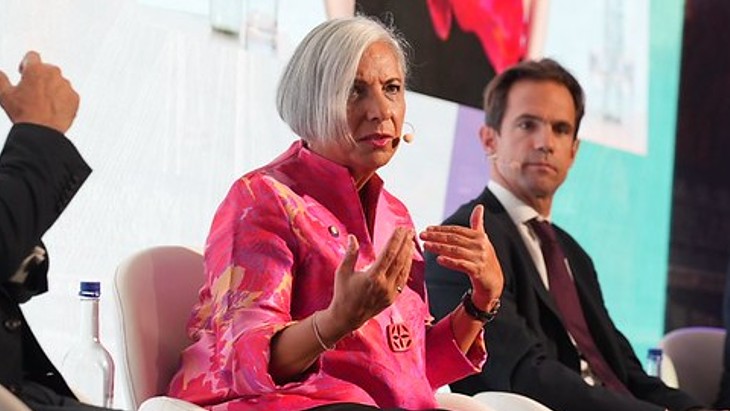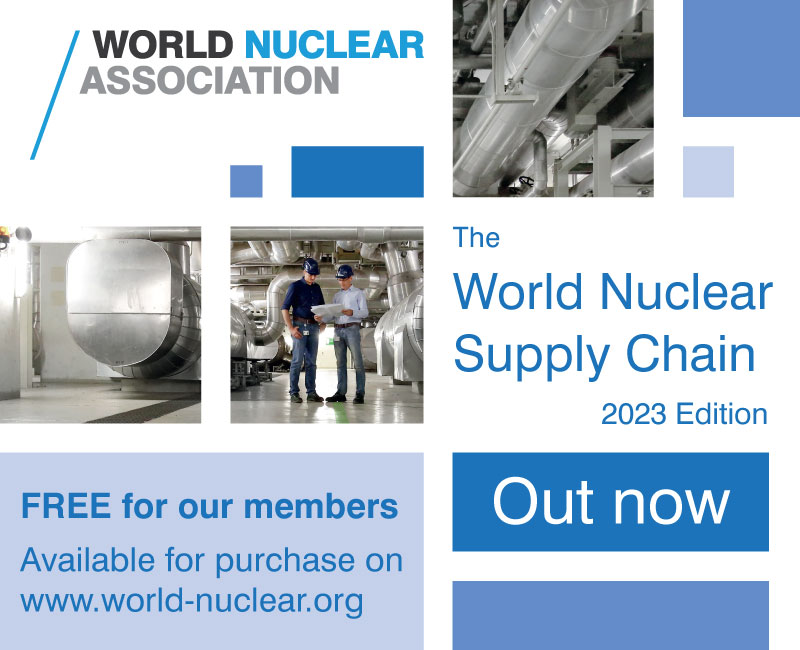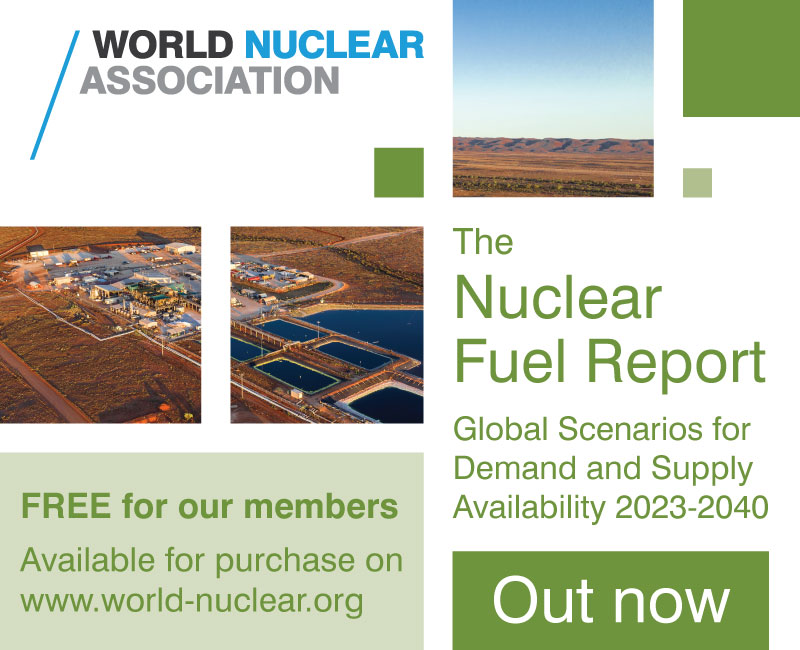IAEA steps up efforts for gender balance in nuclear sector

He was speaking as more than 400 women who have taken part in the IAEA's Marie Sklodowska Curie Fellowship Programme and Lise Meitner Programme gathered at the agency's headquarters in Vienna for an event coinciding with International Women's Day. Grossi posted a message on social media calling them "trailblazers ... reshaping the nuclear field, embodying our goal to open doors & break down barriers. The world needs nuclear and #NuclearNeedsWomen".
According to the IAEA, only a fifth of the global nuclear workforce are women and it "aims to change this by attracting a new generation of women to the nuclear field and inspiring them to stay and become leaders".
The Marie Sklodowska Curie Fellowship Programme was launched in 2020 and provides scholarships to help with tuition for master's programmes and living costs and provides internship opportunities. The Lisa Meitner Programme was launched in 2023, aimed at early- and mid-career women professionals "in a multiweek visiting professional programme to advance technical and soft skills at host institutions located around the world".
During the event World Nuclear Association signed an agreement with the IAEA to jointly promote professional development opportunities for women by providing opportunities within the nuclear industry for those taking part in the two programmes.

The WNA and IAEA director generals after signing the agreement (Image: IAEA)
Speaking from the event in Vienna, World Nuclear Association Director General Sama Bilbao y León said: "International Women’s Day is an opportunity to celebrate women, whilst also highlighting the ongoing challenges women face everywhere. I am thrilled to join IAEA Director General Grossi, along with dozens of other global nuclear leaders and more than four hundred Marie Sklodowska Curie and Lise Meitner fellows from all over the world, to promote increased participation of women in all aspects of the nuclear sector. We need talented women everywhere to join the nuclear industry, not just to triple global nuclear capacity, but also because including and promoting women leads to a more inclusive and empowered world."
In a joint statement issued on behalf of those attending the IAEA event, they said: "We believe it is crucial to champion and empower women in nuclear science and technology. We are convinced that encouraging women to study science and technology is one of the main drivers for progress in societies, everywhere in the world. Women constitute a global talent pool to meet the technological challenges of today, to drive economic growth and diffuse knowledge. Closing the gender gap and breaking stereotypes in STEM not only promotes fairness and equality but also maximises human potential to tackle global challenges. The world is in need of more women role models to inspire future generations of girls to rise up to the role they are expected to play in the future.
"We, participants of the IAEA Marie Sklodowska-Curie Fellowship and the Lise Meitner Programmes, pledge to support, advocate, promote and practice policies that empower women, ensure gender equality, and enable women to reach their full potential in the nuclear field ... Gender should never determine ambitions, dreams and goals. We hope girls and women around the world will keep on breaking the barriers, taking up high impact responsibilities, discovering and creating, while empowering each other."


.jpg)










